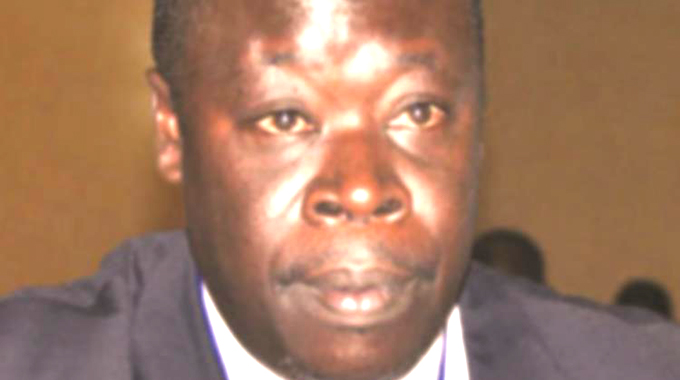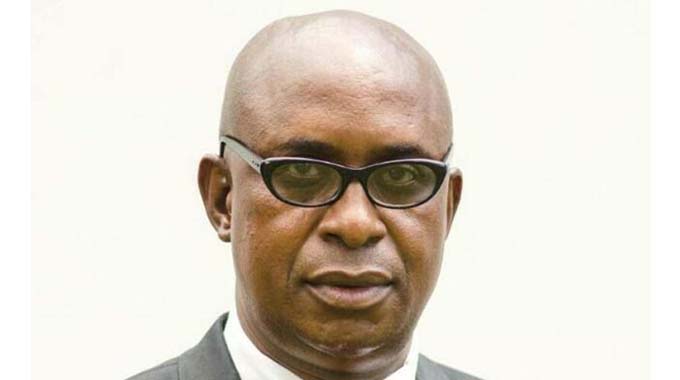New measures to end delays in graft cases

Tendai Rupapa Senior Reporter
Prosecutors and investigators must harmonise operations to avoid delays in trying corruption cases, an expert in fighting the scourge has said.
Justice Lawrence Gidudu of Uganda, who is in the country to train Zimbabwe’s Judiciary ahead of the establishment of dedicated anti-corruption courts, was speaking to journalists after paying a courtesy call on Prosecutor-General Mr Kumbirai Hodzi yesterday.
In Uganda, prosecutors work with the investigating police so that the required evidence is made available as soon as possible, allowing the prosecution to start the trial.
“Investigation of sophisticated crimes in Uganda is with the cooperation of the prosecutors who are going to take the matters to court. The prosecutors have an input in what is being gathered so that they don’t just come to court to postpone cases,” he said.
“If they are involved, when the matter comes to court, all relevant information and documents would be available. Prosecutors are the ones who address the court hence the prosecutor also should be able to demand certain evidence from the investigators to strengthen their case. The police should obligate to that. If these two are not working together, criminals will celebrate.”
Another strategy, he said, was that anti-corruption courts with all stakeholders involved, had to meet regularly to assess areas that needed strengthening.
“In Uganda, we meet regularly and that forum helps us to strengthen each other and not to blame each other. That way we will pull in the same direction in fighting corruption. The court also has case management rules and setting of targets for each other that is all the court users — investigators, prosecutors, judges and magistrates.
“Sophisticated crime calls for harmonisation of all stakeholders. We always check on each other through coordination, cooperation and communication and that way criminals will not crack us,” said Justice Gidudu.
He said Zimbabwe needed to do a little more in digital forensics which enables evidence to be traced on digital platforms for the speedy conclusion of corruption cases.
“With digital evidence, investigators and prosecutors tend to get results earlier than when picking up files, tracing receipts, gathering physical evidence and looking for eyewitnesses. I think that corruption does not have eyewitnesses by its very nature because it operates underground and in darkness. That can be busted by changing the method of investigation and presentation of evidence.
“I know that Zimbabwe has that digital knowledge and plans, but I am saying they should focus more on it and increase capacity. Corruption is now digital, so let us go digital. We have also told the courts during our meetings that they should also modernise so that when the prosecution presents digital evidence, the court should also be able to comprehend,” he said.
Mr Hodzi said it was important for all entities involved in tackling corruption to work together, hence the initiative to invite an expert in the area of anti-corruption.
“Why Uganda was picked is because they have an illustrious history. The court has been in existence for the past 10 years and it has a very impressive conviction rate. They have accounted for high-profile figures in Uganda from ministers, directors and accountants.
“As Zimbabwe we thought it was important to sharpen our teeth in the fight against corruption. We are learning from Uganda on the successful measures they have applied in the realisation of their results. By inviting an expert, it is an indication that as Zimbabwe we are now serious and we are going to bring strategies that are going to realise complete results. We will ensure that corrupt people are dealt with,” he said.








Comments